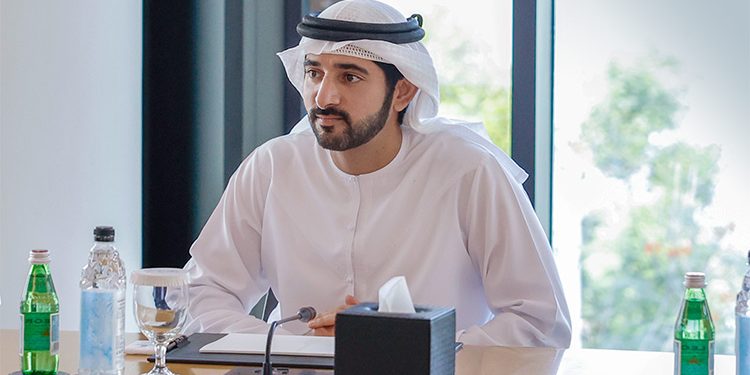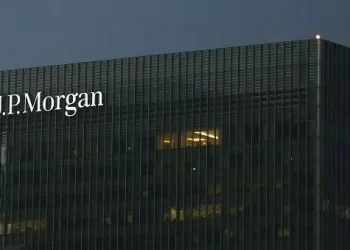Sheikh Hamdan Bin Mohammed Bin Rashid Al Maktoum, Crown Prince of Dubai, Deputy Prime Minister and Minister of Defence of the UAE, and Chairman of The Executive Council of Dubai, has approved a series of new plans aimed at boosting Dubai’s leadership in several sectors over the next decade.
The plans approved by The Executive Council of Dubai include the Education Strategy 2033 and the Real Estate Strategy 2033, which aims to increase the value of Dubai’s real estate transactions to Dhs1 trillion by 2033.
Additionally, three plans focused on modernising Dubai’s transport infrastructure, transforming the city into a cashless city, and preserving the emirate’s heritage were also approved.
Sheikh Hamdan said that Dubai, under the vision of His Highness Sheikh Mohammed Bin Rashid Al Maktoum, Vice President and Prime Minister of the UAE, and Ruler of Dubai, places people at the core of its development.
“The emirate continues its journey to becoming the world’s leading destination for living, investment, and lifelong learning, committed to upholding family values and enhancing the quality of all aspects of life,” Sheik Hamdan said.
Launched under the leadership of Sheikh Mohammed Bin Rashid, the strategies directly support the Dubai Plan 2033 and Dubai Social Agenda 33, collectively aimed at establishing the emirate as a global destination for living, learning and investment.
The Education Strategy 2033 is designed to transform the education system to ensure high-quality education for all.
The strategy aims to build a system that enables Dubai to realise its aspirations, enhances capacity building, and delivers a higher standard of quality.
Sheikh Hamdan said: “Our strategy for a world-leading education system will foster lifelong learning and equip the next generation of national leaders, grounded in Emirati values and identity, to shape the future.
“HH Sheikh Mohammed Bin Rashid has always championed the values of quality education and dedicated zones for academic, university, and knowledge institutions. Now, Dubai is designing its next decade, and we are building an education system based on the principle of lifelong learning—a system that can adapt to change and nurtures national talents. It will be a future-focused education system that involves both teachers and learners in a continuous journey of creativity and growth.”
Sheikh Hamdan said: “Today, we approved the Education Strategy 2033 under the Dubai Social Agenda 33, targeting a significant shift in our education system.
Under the guidance of HH Sheikh Mohammed Bin Rashid, Dubai has developed a unique, pioneering global model, and we are now building a more advanced education system in line with this model.
This strategy is an investment in Dubai’s future, empowering the next generation with essential skills. We have directed the Knowledge and Human Development Authority to place students at the heart of the new system to equip them with skills to lead and shape the future.”
He continued: “We approved the Real Estate Strategy 2033 to help achieve the Dubai Economic Agenda D33, raising real estate transactions to Dhs1 trillion by 2033 and doubling the sector’s contribution to economic diversification.
The strategy also boosts Emirati competitiveness and promotes home ownership to enhance family stability.”
The meeting was attended by Sheikh Ahmed Bin Mohammed Bin Rashid Al Maktoum, Second Deputy Ruler of Dubai and Deputy Chairman of The Executive Council of Dubai; and Sheikh Ahmed Bin Saeed Al Maktoum, President of the Dubai Civil Aviation Authority and Deputy Chairman of The Executive Council of Dubai.
Lifelong learning in Dubai: The Education Strategy 2033 aligns with Dubai’s 2033 Plan and its social and economic agendas.
It focuses on providing world-class education from early childhood through to higher education, delivered by reputed and respected teachers and academic faculty, fostering lifelong learning with active involvement from parents and the community.
The strategy aims to build a student-centric system that nurtures talent and creativity and equips students with essential life skills to prepare them for the future. It also emphasises early career guidance and aims to ensure UAE students are among the most competitive, able to secure places at top local and global universities.
The strategy was developed through extensive consultation with over 700 stakeholders, including educators, school principals, parents, and university leaders, across more than 50 sessions involving 290 institutions.









